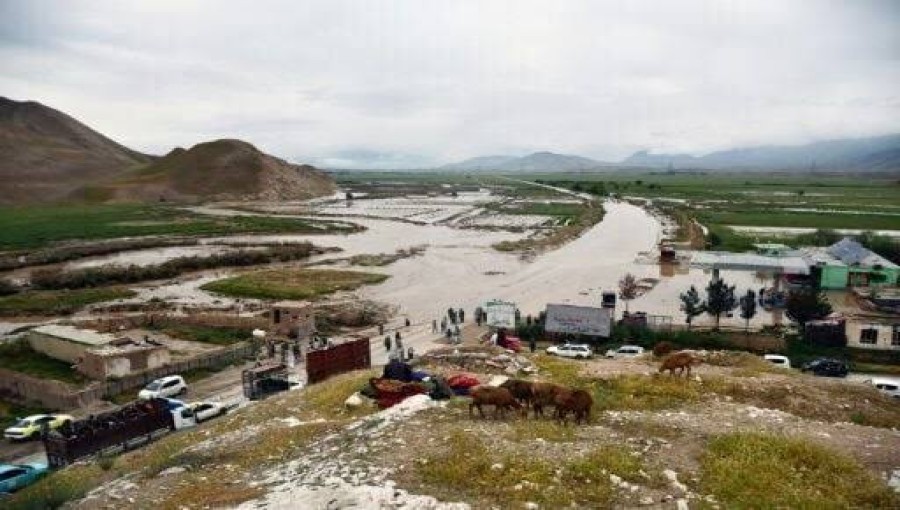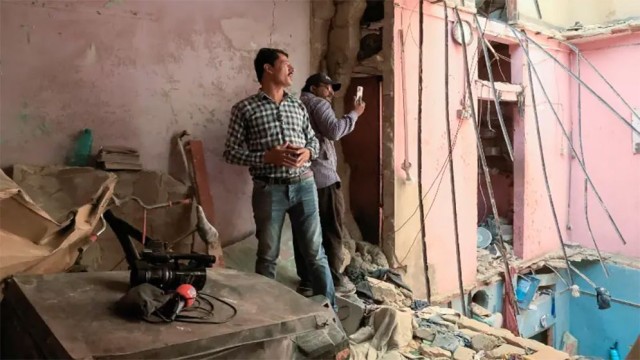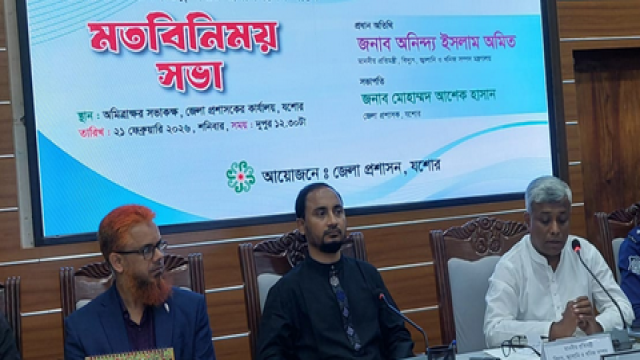The World Food Organization (WFP) has issued a grim report indicating that more than three hundred people have tragically lost their lives due to heavy rains and floods in Afghanistan's Baghlan province. This catastrophic event has prompted the Taliban government to declare a state of emergency across the nation.
According to a report by the news agency AFP, Baghlan, along with Takhar, Badakashan, and the western provinces of Ghor and Herat, bore the brunt of heavy rains, resulting in rising river waters and flash floods on Friday. The aftermath of the floods has left villages, roads, and farmlands submerged in mud, with local residents requiring urgent rescue and relief efforts.
The northern province of Baghlan emerged as one of the hardest-hit areas, with the WFP reporting that more than three hundred lives were lost and thousands of houses were damaged or destroyed. Rana Deraj, a communication officer from a United Nations agency operating in Afghanistan, provided harrowing statistics, stating that 2,011 houses were destroyed, and 2,800 were damaged in Baghlan alone.
However, discrepancies in casualty figures have emerged between the Taliban government and humanitarian organizations. While the United Nations Organization for Migration (IOM) reported 218 fatalities in Baghlan, the Ministry of Interior of Afghanistan stated that 131 lives were lost in the province, with the number expected to rise as many individuals remain missing.
In response to the crisis, the country's defense ministry has mobilized efforts to provide essential aid, including food, medicine, and first aid, to those affected by the floods. This emergency response comes amid ongoing recovery efforts following floods in ten provinces last month, which claimed nearly a hundred lives.
As Afghanistan grapples with the devastating aftermath of natural disasters, the resilience and solidarity of its people, alongside the support of governmental and non-governmental organizations, remain crucial in alleviating the humanitarian crisis and rebuilding affected communities.































Comment: